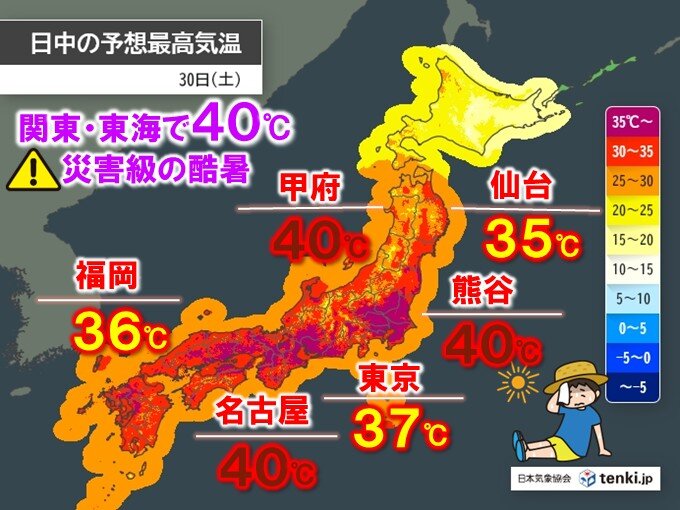As Japan nears the end of August, an intense heatwave, with temperatures expected to soar to 40C, continues to grip parts of the country. This extreme weather poses threats to public health, particularly among the elderly and those with chronic illnesses. Authorities have issued high-level heat alerts, urging people to take measures to avoid heat exhaustion and stroke. Efforts to mitigate the situation, including power consumption and urban planning strategies, are on the table.
In Japan, extreme heatwaves are naturally concerning for public health, causing widespread discomfort and often life-threatening situations. The traditionally large elderly population is particularly vulnerable. As a result, preparedness for extreme weather is a major part of social resiliency, and energy use to combat the heat (like widespread AC use) can become a hot topic.
Similar to Japan, nations in the US and EU, especially areas more prone to heatwaves, prioritize public health during extreme weather. Alerts, providing cooling centers, and education about heat-related illness are some responses. However, the exact reactions vary by region based on factors like urban heat island effects, air conditioning prevalence, and demography. In contrast to Japan, energy consumption isn't as much a focal point of public discourse during heatwaves.

